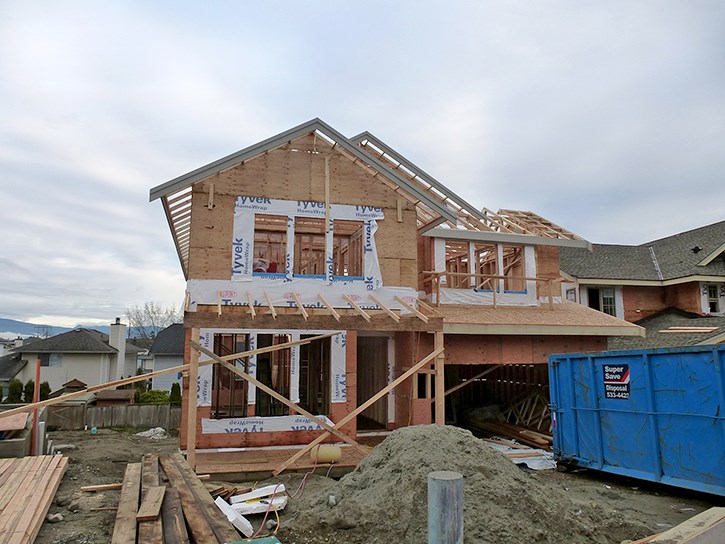The Editor,
Re. “Study says Tri-City red tape isn’t too onerous” (The Tri-City News, July 17).
The referenced article states: “A Fraser Institute study into the effect of red tape on new home development shows the Tri-Cities are generally less regulated than most other Lower Mainland municipalities.”
Last year, another report, Getting to Groundbreaking, was produced by the Greater Vancouver Home Builders’ Association in partnership with the Urban Development Institute and Simon Fraser University’s Urban Studies department, with a similar purpose in mind.
What neither report does is look at the inefficiencies and waste in the building process that consistently yield defective, sub-standard homes for home buyers.
Neither does it look at manufacturing homes off-site in more sustainable environments to substantially reduce costs and lead times.
In my opinion, this Fraser Institute report is misguided and looks at symptoms to help justify the retention of the usual poor industry practices. It is nothing more than a part of a pre-emptive tactic for developers and builders to take yet another run at reducing the regulations, costs and time, involved in the municipal approval process.
The widening gap between the expectations of consumers and the capability of the industry is alarming. While every other industry works to exacting quality standards, and quickly eliminates the cause of defects at the source, the building industry works to an antiquated and loose system called the building code. For decades, the building code has allowed builders to work to something called a minimum standard, and like sloppy drunks, they have failed to meet the sobriety test.
While it is understood the purpose of the Fraser Institute report was to examine the residential building approval process and timelines, it is the building process itself that needs to be examined, and where most is to be gained.
John Grasty, Port Moody



